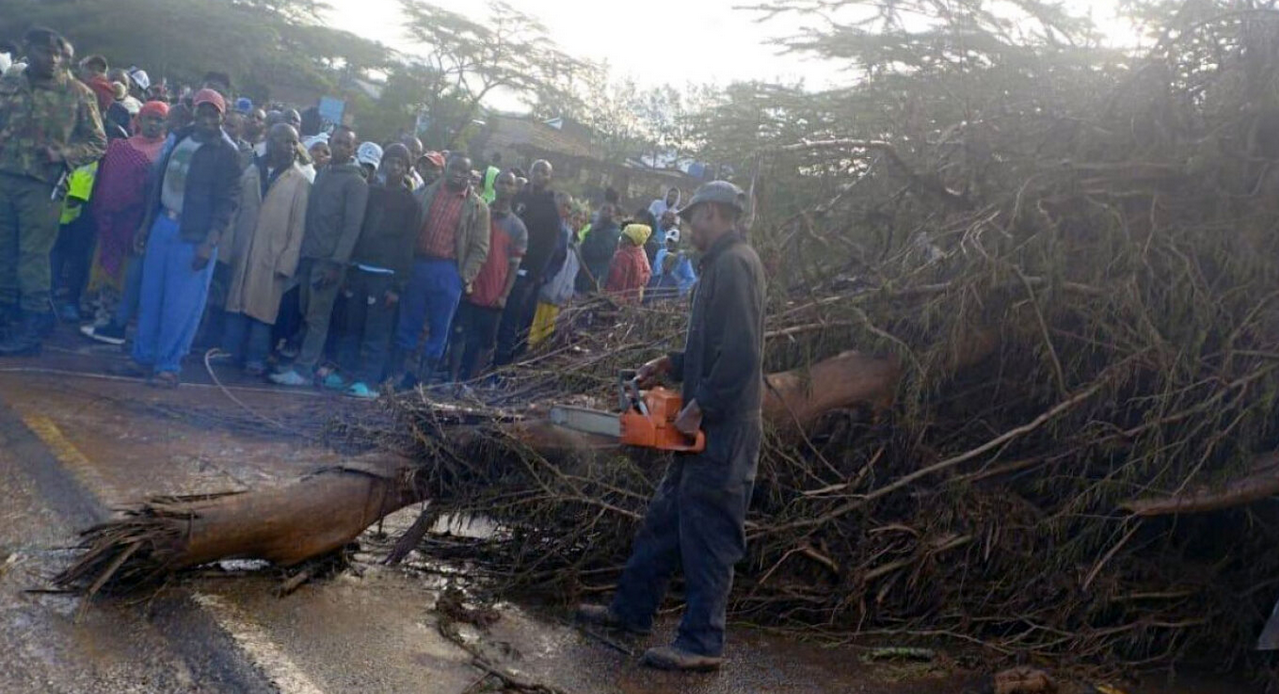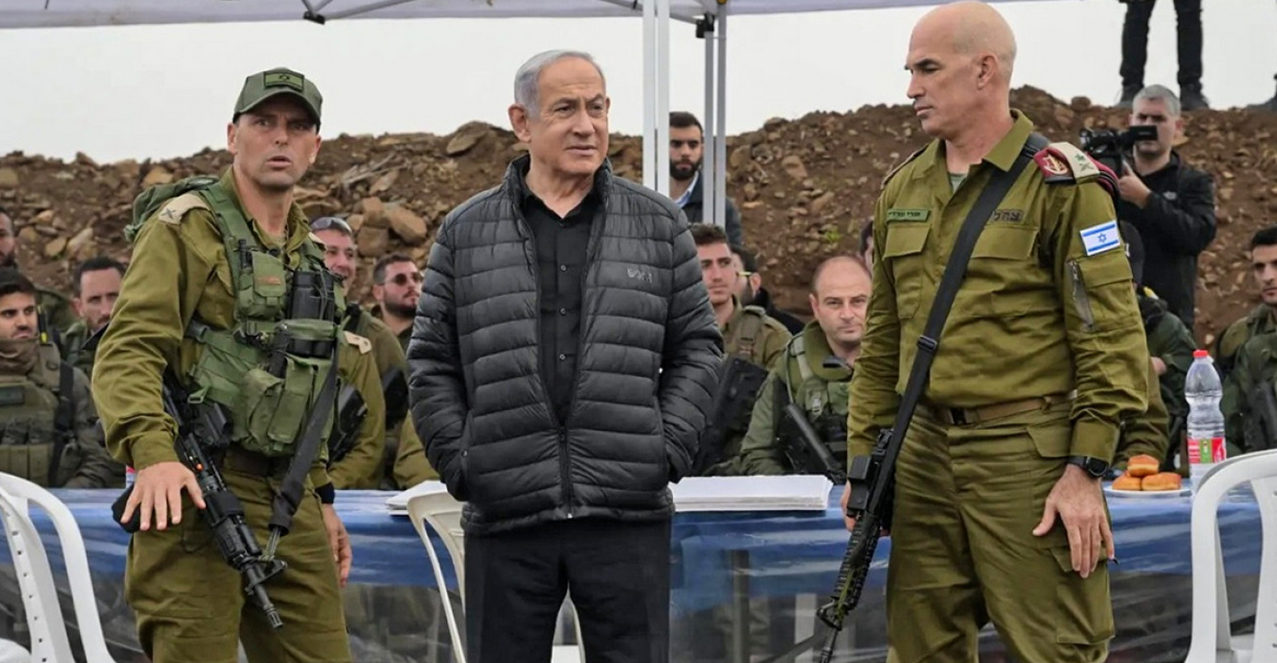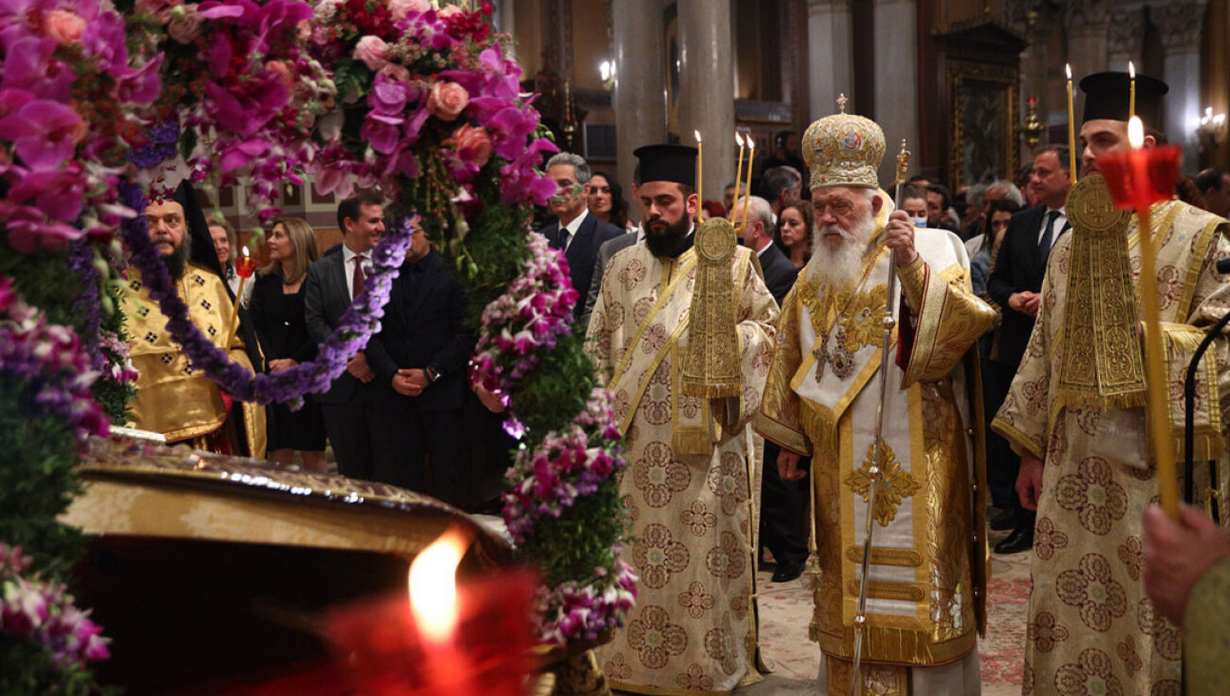Exhausted and choked with emotion, a group of captured Russian soldiers told journalists in Kyiv on Monday that their government had betrayed them by sending them to fight a war under false pretenses. “I feel shame that we came to this country,” Lieutenant Colonel Astakhov Dmitry Mikhailovich said on camera. “We will go to jail or whatever we deserve.” Hours later, Ukraine’s President Volodymyr Zelensky bluntly stated what he thought they deserved. “All people who came to our land, all people who gave those orders, all soldiers who were shooting—they are all war criminals,” he told ABC News.
But experts say that proving Zelensky’s claim, and convicting people of war crimes—from frontline soldiers to President Vladimir Putin—will likely take years, with an uncertain outcome, despite the horrific violence. For indictments to stick in court, hard evidence will be needed— and not the kind of photo and video evidence that you might expect. The most important place to look is actually in soldiers’ pockets, says Bill Wiley, founder and executive director of the Commission for International Justice and Accountability, who has investigated conflicts for 25 years, in the Balkans, Iraq, Syria, Libya, and elsewhere. The “pocket debris,” as he calls it, includes cellphones and computers, written instructions from commanders, and battlefield maps.
These are all crucial in proving the pivotal issue in any war-crimes indictment: intent. While international laws of war forbid targeting civilians or civilian property, it also allows for innocent people being killed by accident in the crossfire, which would indemnify Russian soldiers and their commanders.
Read more: TIME






































